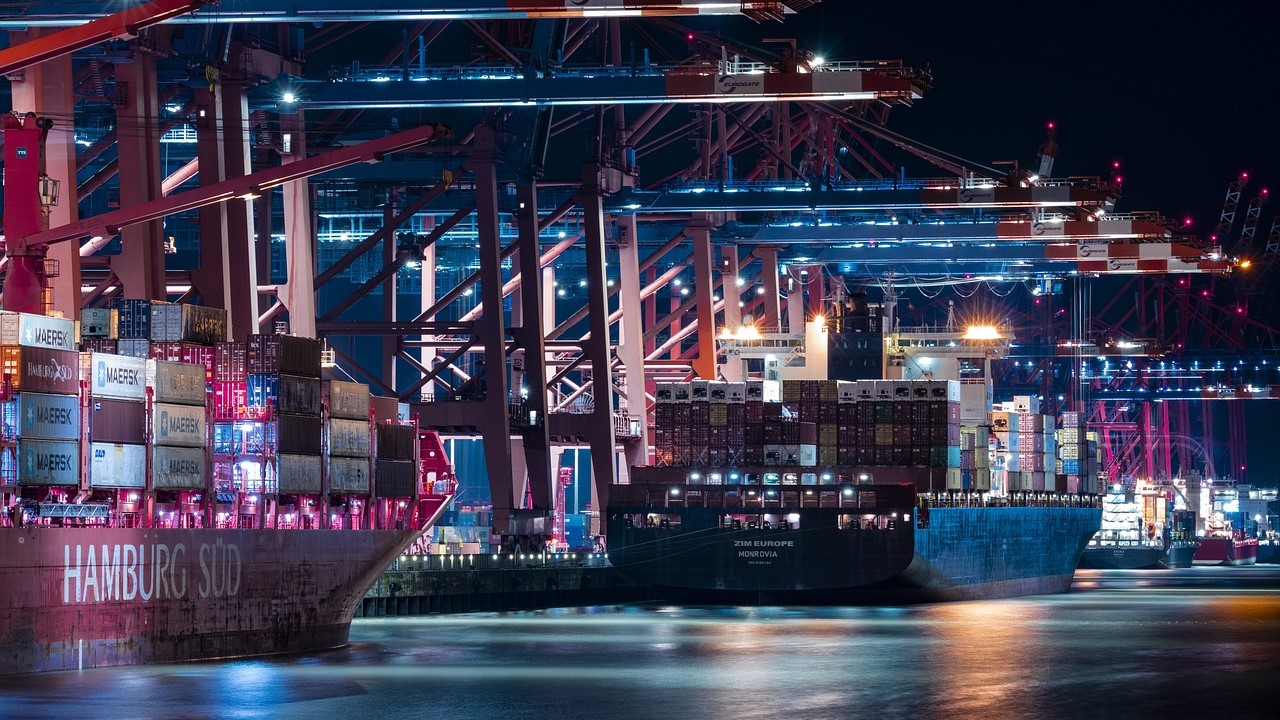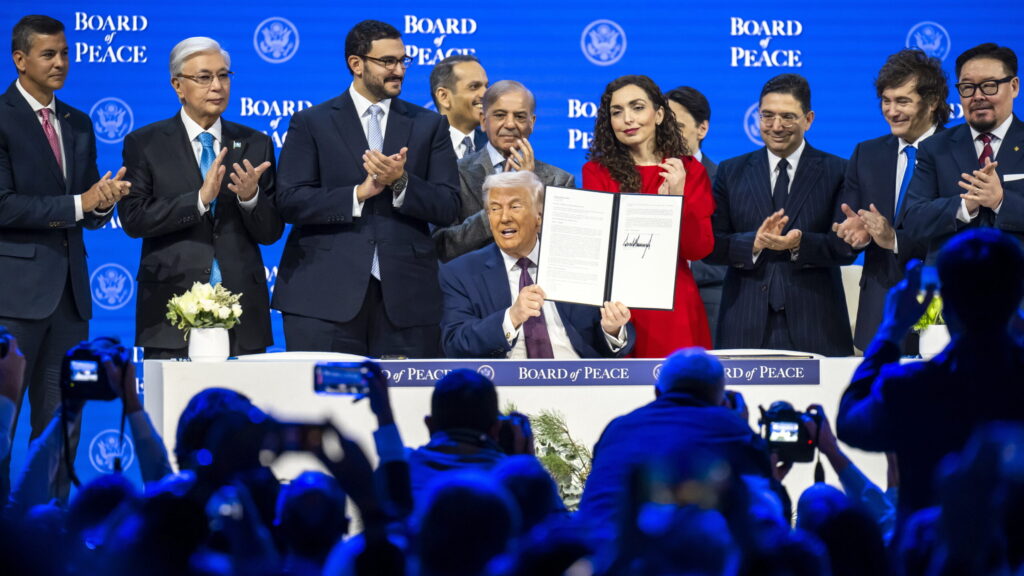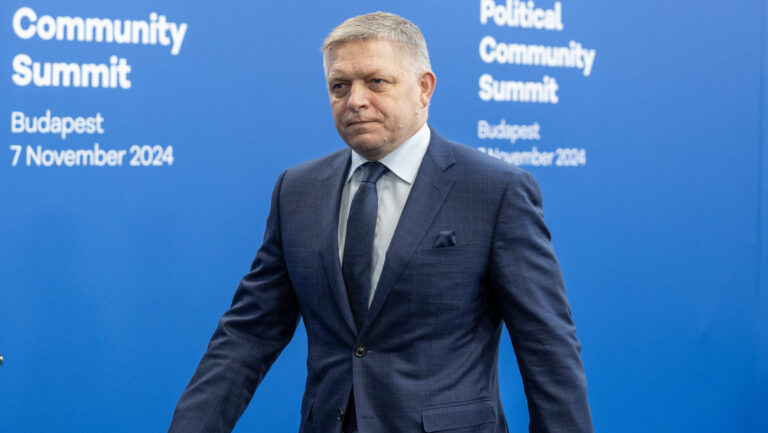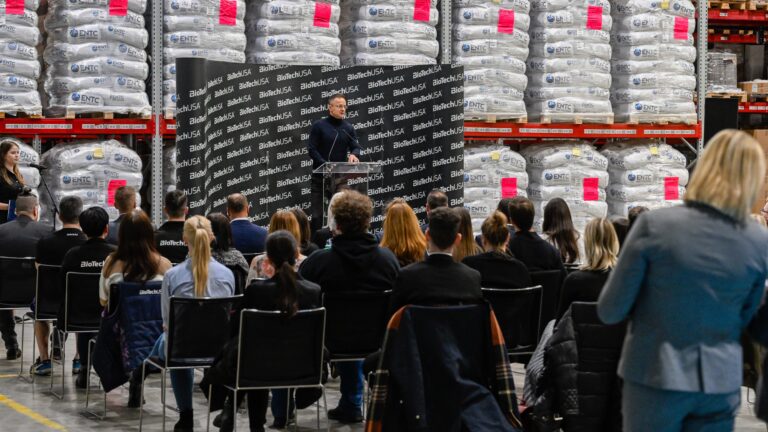As the world continues to deal with Iranian aggression and Yemeni terrorism as it ships its goods through the Suez Canal and the Strait of Hormuz, countries around the globe are looking for alternate shipping routes that aren’t constantly plagued by war and conflict. Confronted with these challenges, two alternatives from rival superpowers seem to have arisen to replace the need for shipping via the Suez Canal altogether. And we could be seeing the birth of a race to establish the best—and fastest—trade route.
Russia, China, the United States, and Europe have been equally vexed with the constant, periodic bombardments on global shipping caused by African pirates, Iranian voyeurism, and now Yemeni terrorists that plague global shipping lanes. It’s been a problem so severe that it has even forced cooperation between the main competing powers in maintaining security in shipping lanes, and is why Europe was relieved when the United States carried out massive, costly strikes against terrorist networks in Yemen earlier this year. An attack that even earned the silent nod of approval of Xi Jinping and Vladimir Putin after learning about the strikes. All parties concerned deemed these attacks necessary. American companies want their goods in Asian markets, and Asian companies want their goods in European and American markets. While it’s obvious that the United States can provide global security for shipping lanes, we are rapidly reaching a point where the U.S. and the other main powers are growing increasingly annoyed at having to secure the same shipping lanes from the same bad actors over and over for decades, leaving governments and private industries alike to search for alternative routes.
The answer for the Russian and Chinese governments is the Arctic’s Northern Sea Route. The Northern Sea Route (NSR) boasts the ability to bypass not only the troublesome Suez and Hormuz areas completely but also the ability to transport goods from Asia to Europe almost ten to 15 days faster than the currently predominantly used shipping lanes. The advantages for Russia in global trade using this route should be immediately apparent, as should be the problems in utilizing it. Being not only the largest nation on Earth geographically, Russia also boasts the largest amount of Arctic territory on Earth—territory that it has been heavily investing in for decades. Russia has been refurbishing over 50 soviet era Arctic installations since 2021 and has regularly held military exercises in the region, sending thousands of troops, hundreds of aircraft, and warships throughout the region, practicing crucial maneuvers and training its troops in the art of Arctic warfare. It’s clear that if the NSR becomes widely used, Russia intends to be the main security guarantor of the region. And as the main guarantor of security, the utilization of the region will give the Russian leadership the opportunity to try to dictate new international shipping norms and regulations in the area.
‘The answer for the Russian and Chinese governments is the Arctic’s Northern Sea Route’
The Chinese, like Russia, seem to have decided that the Arctic region is the best bet for the future of international trade, and have begun working to make their claim in the region. China began setting its sights on the Arctic region back in 2018 when it declared itself a ‘near-Arctic country’, achieved observer status on the Arctic Council, and made the Arctic region a central part of its ‘Five-Year Plan’ for 2021–2025. The Chinese government has even called for the construction of a ‘Polar Silk Road’, planning to make huge investments in critical infrastructure in the region. It’s important to note that utilization of the NSR by the Russians and Chinese isn’t merely aspirational; it’s well underway. According to research conducted by the Arctic Council, the leading and foremost intergovernmental authority in the Arctic region, the number of ships utilizing the region from 2013 to 2024 increased by 37 per cent.
To some, it may seem like time for the world to throw in the towel and give in to the reality that the future of international trade lies in the hands of Moscow and Beijing, whose plans benefit first and foremost them. However, an alternative route has been proposed. One that, just like the NSR, boasts not only bypassing all the problems current routes have to contend with, but also having the goal to one day cut shipping times from Asia to Europe to only five days total. And most importantly, whose benefits work in the best interests of and provide opportunities for a plethora of nations. The proposed India–Middle East–Europe Economic Corridor, or ‘IMEC’ for short, would see goods and vital materials safely transported from India to the UAE by ship, then from the UAE through Saudi Arabia to Israel by land, and safely bypass the Suez Canal, entering the Mediterranean from Israel where ships can sail through friendly waters to ports in Greece and Italy. The plan would involve the investment and cooperation from almost all the countries of the G-20, and would open up opportunities for smaller states in the regions the route passes through to cooperate and help get their goods to foreign markets. The route would truly be international and wouldn’t allow any individual country to dictate changes to current international trading norms. The plan has already gained support from leaders all over the world. The United States, the EU, the UAE, Saudi Arabia, India, France, Italy, and Germany have already signed off on the plan, and the benefits could be astronomical. Given the nature of the route and its utilization of such ports as Haifa in Israel, this route not only reinforces and incentivizes regional cooperation in the Middle East but also provides for serious economic opportunities for communities located across the route and potentially becomes the 21st-century equivalent of the Silk Road.
While either route has profound economic benefits, there are still some other serious political concerns about using them. What will happen to countries like Egypt, which currently benefit from the use of the Suez Canal and shipping passing through their region? It’s here that IMEC manages to answer what the NSR cannot. Discussions are already underway among experts to incorporate Africa into an expanded IMEC, which would see Egypt as the gateway for goods to flow in and out of the continent. Unlike the NSR, the IMEC plan can be easily amended and allows for expansion, so nobody loses out.
‘Unlike the NSR, the IMEC plan can be easily amended and allows for expansion, so nobody loses out’
The future of global trade is complex, and it is more likely that both the NSR and IMEC will be utilized. And while both routes offer serious advantages in shipment times and security, issues will inevitably arise. But that shouldn’t deter us from investing in the future. There will be a cost to building up the infrastructure of both these routes, with the leaders of the GZ aiming to raise and spend an estimated $600 billion collectively on the IMEC project. It’s clear that the long-term benefits outweigh the costs. Given the current political climate, we are left with a choice. Either continue to utilize the same shipping routes and deal with constant warfare from the same actors over and over again, or invest in and create something new. While nations should utilize the NSR when it falls in their best interests, as of now, Beijing and Moscow stand the most to benefit, and other nations, like Egypt, stand the most to lose if global shipping moves north. That’s why the genius of IMEC cannot be understated. Not only does it expand the number of nations that can benefit from new shipping routes, but it also provides the opportunity for those nations dependent on current shipping lanes to profit as well. Personally, I’m in favor of the route that increases international cooperation and works to the benefit of the largest number of nations.
Related articles:







